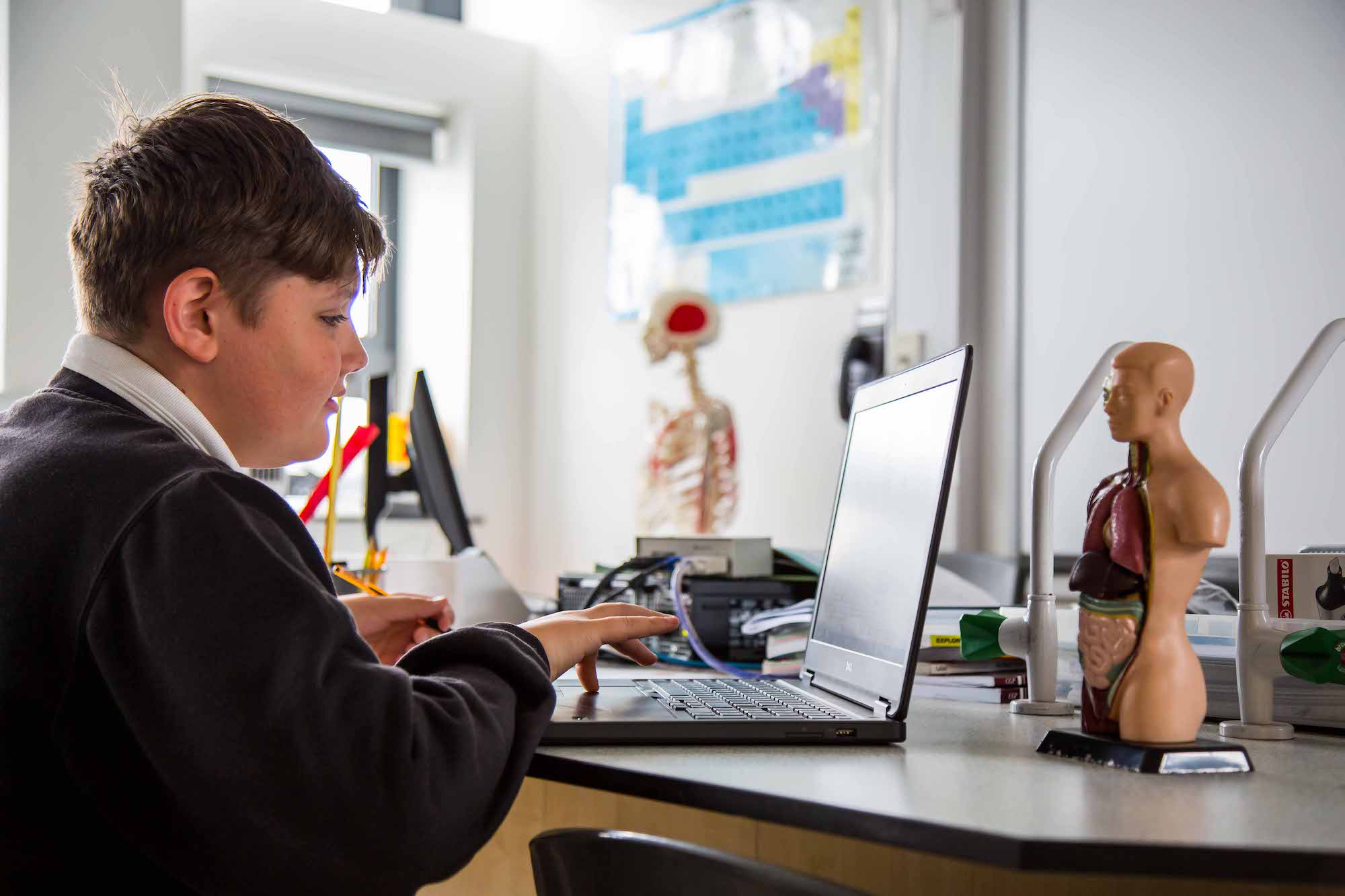- Curriculum Overview
- Subjects
- Options
- Revision & Support
- Independent Learning
- Personal Development
- Exams
- Careers
- Curriculum Overview
- Subjects
- Options
- Revision & Support
- Independent Learning
- Personal Development
- Exams
- Careers
Food Preparation and Nutrition
- PSHE
- Design Technology
- English
- Art and Design
- Business
- Computer Science
- Design and Technology
- Drama
- Food Preparation and Nutrition
- French
- Geography
- German
- Health & Social Care
- History
- Maths
- Media
- Music
- PE
- RE
- Science
- Sport
Food preparation and nutrition will ignite a love of cooking and good food! Learning how to cook is a crucial life skill that enables you to feed yourself and others affordably and well, now and in later life.
Have you ever wondered why apples go brown or why, when you whisk egg whites, they go solid? Food Preparation and Nutrition explores the science behind cooking by looking at the reactions that take place. Skills taught throughout the course enable students to present and produce dishes that are of an excellent standard.
Where could this subject lead?
There are many careers food and nutrition could lead to, such as dietetics, food technology, nutritionist, environmental health, teaching or a practical-based career such as becoming a chef.
Useful websites to refer to:
https://www.aqa.org.uk/subjects/food/gcse/food-preparation-and-nutrition-8585/assessment-resources
https://www.bbc.co.uk/bitesize/subjects/zdn9jhv
https://app.senecalearning.com/classroom/course/d59d0e60-4fa8-11e8-bbba-738ab127bed6
Year 7
-
Food, Nutrition and Health -
Healthy eating
Why do we eat food? - Food Science - Cooking methods
-
Food Safety -
Personal hygiene in the kitchen
Critical temperatures -
Food Providence -
Seasonal food
Where does food come from?
Food waste


Year 8
- Food, Nutrition and Health - Proteins, carbohydrates, fats, vitamins and minerals, nutritional analysis
-
Food Science -
Fat function
Protein function
Carbohydrate function
Raising agents -
Food Safety -
Critical temperatures
Food storage
Yeasts, moulds and enzymes - Food Choice - Sensory evaluation and testing, costing, labelling, allergens and factors affecting food choice


Year 9
-
Food, Nutrition and Health -
Nutritional needs of different groups.
Function, sources, DRVs, deficiency, excess of protein, carbohydrates, fats, antioxidants, water and fat soluble vitamins, BMR, PAL and energy needs.
Obesity, cardiovascular disease, rickets, osteoporosis, dental caries, type 2 diabetes and diet related cancer - Food Science - Bread, coagulation, denaturation, gluten formation, gelatinisation, caramelisation, dextrinization, shortening, plasticity, aeration, emulsification
- Food Safety - Micro-organisms in food production, bacterial contamination, food safety, food poisoning
-
Food Choice -
Cultural diversity
British cuisine
International cuisine
Vegan/vegetarians
Religion
Coeliac disease/lactose intolerance
Sensory analysis -
Food Providence -
Food and the environment, sustainability and food security.
Jam, cereals, meat, milk, eggs, fruit and vegetables


Year 10
- Food, Nutrition and Health - Non-Examined Assessment 1 and 2 (worth 50% of final grade; all work from years 7-10 underpins this)
- Food Science - Non-Examined Assessment 1 and 2 (worth 50% of final grade; all work from years 7-10 underpins this)
- Food Safety - Non-Examined Assessment 1 and 2 (worth 50% of final grade; all work from years 7-10 underpins this)
- Food Choice - Non-Examined Assessment 1 and 2 (worth 50% of final grade; all work from years 7-10 underpins this)
- Food Providence - Non-Examined Assessment 1 and 2 (worth 50% of final grade; all work from years 7-10 underpins this)


